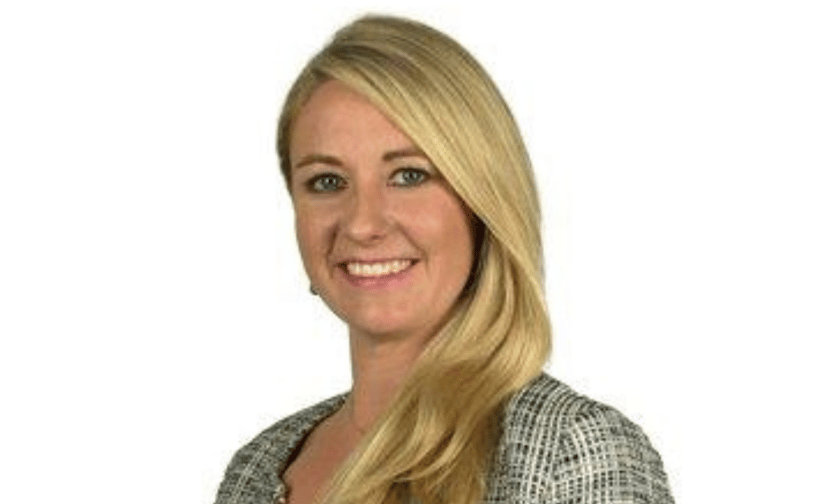

The latest Global Insurance Market Index from Marsh pointed to a continuing downward trend in global commercial insurance rates in the first quarter of 2024. But while clients are welcoming this trend, should there be some concern that the emphasis placed on risk management and mitigation will be eroded amid more favourable rate conditions?
Weighing in on this question, Catherine French (pictured), risk management placement leader for Marsh, highlighted that there’s no room for clients to take their foot off the gas with respect to risk management – particularly considering what’s happening with reinsurance pricing.
“I think what we’ve seen over the last eight to 10 years and what we are still seeing is that the emphasis on risk management is as strong as ever,” she said. “Although the average rates are going down and there has been a three-year trend in moderation in the pace of rate increases, the rate distribution is still incredibly wide.
“Yes, the average is relatively consistent and we are relatively stable for most lines. But you’re still getting a plus or minus 30% on either side. What that’s showing is that insurers are not buying business in just for the sake of growth. And everyone is focusing on growth – whether that’s new entrants or current market share – just to capitalize on the amazing results we keep hearing about and how their CORs are continually improving.”
With rate distribution still so wide, clients need to be on top of their game when it comes to risk management, she said, because the emphasis on good underwriting discipline hasn’t fallen away. The market is still very focused on good risk management and a strong claims profile. Where there’s a lack of appetite, it is translating into rate increases and there’s a lack of appetite for businesses with poor risk management structures or a weak claims profile.
Examining where she sees the rate environment going next, French noted that the market isn’t moving in the direction that it was assumed it would.
“If we look at the first of January reinsurance treaty renewal, the reinsurance market drives a lot of the direct side,” she said. “So, we know from that – with Guy Carpenter being one of the biggest treaty brokers – it was one of the most challenging renewals they’ve had in well over a decade. We’ve got climate change, and the increase in weather-related activity, we’ve got an increase in secondary perils, and we’ve got the conflict in Russia and Ukraine. And now we’ve got 50% of the world’s population about to vote.”
Adding further complexity is the inflationary environment, with insured values increasing as well as the increase in loss cost trends. Everything is pointing in the direction of a hardening market, she said, and the reinsurance market echoed that in the Jan 01 2023 renewals, with increases on every line of business and capacity restrictions. As a result, insurers had to take larger retentions and change the way they structured their own insurance purchasing.
“But did that have the impact on the direct side that we thought it would?” French asked. “And the answer is no. We just carried on that downward trend. And although the first of Jan this year was more stable and consistent in respect to the treaty, there were still rate increases – and we’re still on that downward trend on the direct side.
“So, it’s incredibly hard to predict the market. What I can say is that it’s the most competitive marketplace I’ve seen for at least the last five years. The CORs are better than ever and over the last three years, most insurers have made money, 2023 was excellent and Q1 2024 has been excellent.
Insurers are making money, she said, while the reinsurance market has hardened, costs are going up, claims are going up, and both severity and volatility factors are there to be considered. But competition is rife and new entrants are coming into the market, and as long as there’s competition, the market is going to continue to trend down.
“And we have a lot of competition,” she said. “Capacity is back into an increased position, we’re oversubscribed on most placements on property now, coming from a position where we had sometimes in some circumstances, little appetite. So the way that it is trending is that we’re going to continue to go down but there will probably be a limit on how far we go based on the factors that I’ve outlined.”
